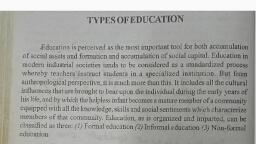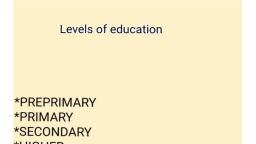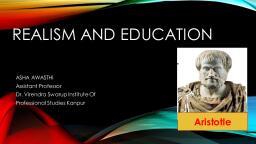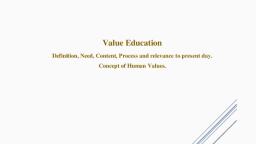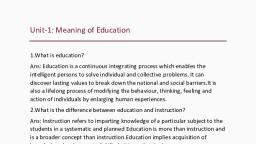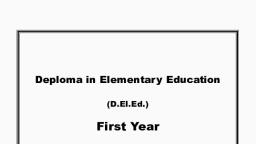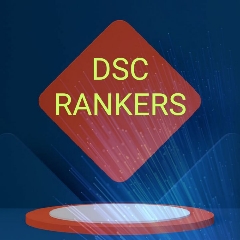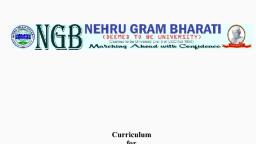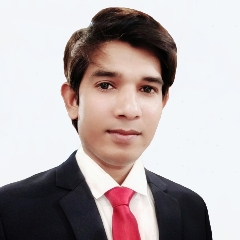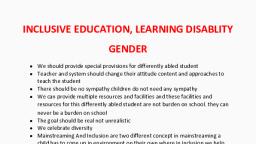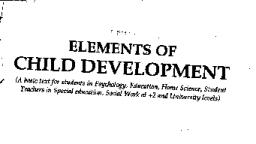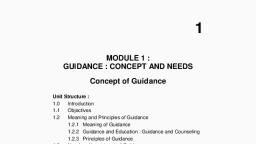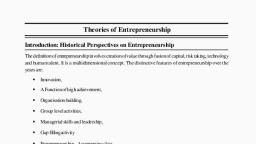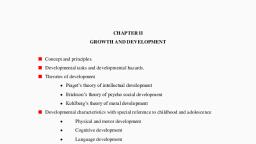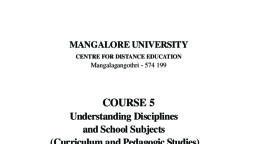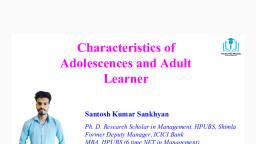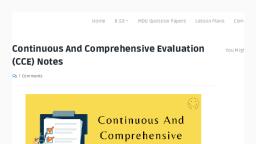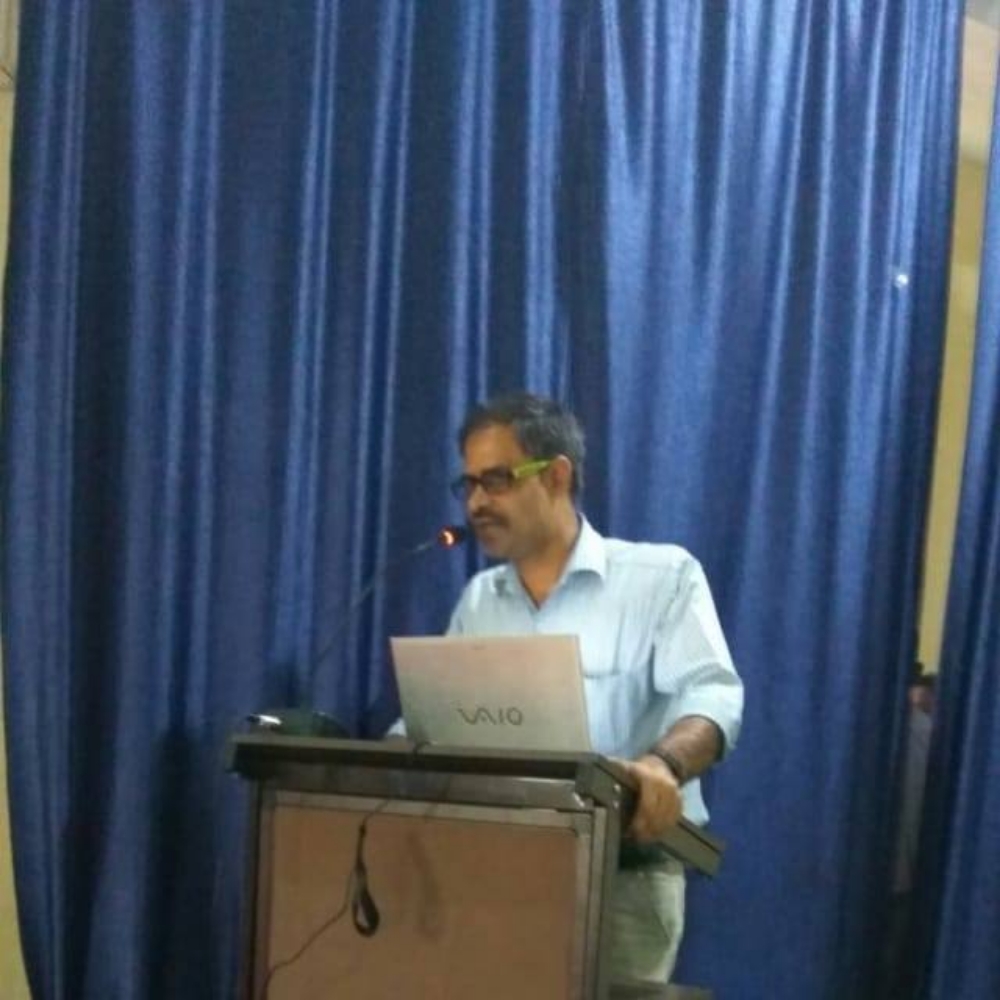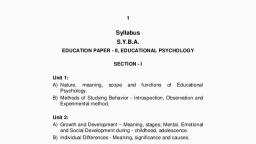Page 1 :
FUNCTIONS OF EDUCATION, Education is mainly concerned with the development of man as a social, animal. It is a human right that should be accorded to all human beings solely by, reason of being human. A community sustains itself through continuous self-, renewal, and that this renewal takes place by means of the educational growth of, the immature members of the group. In this context, education has the following, functions to perform:, 1. Spread of knowledge and skill: The first function of education is to provide, various kinds ofknowledge and skill to the child. This develops the child's, mind, and without this no other development is possible., 2. Development of innate powers: A child is born with several inherent, tendencies and abilities such as power of thinking, reasoning, imagination,, creativity, etc. The education provides guided experiences needed to, develop these innate talents and abilities., 3. All round development of personality: A worthwhile education provides, opportunities for the fullest development of the physical, mental, social,, emotional and moral aspects of the personality of the educand.
Page 2 :
4. Development of moral character: Education in all progressive societies., aims to develop ethical values and moral qualities in the individual and, build his character., . Exercise social control: The child undergoes a process of socialization in, the school and is thus subjected to social control. It is the role of education, to exercise this social control necessary for social adjustment by preserving, the personal integrity of the learner., 6. Preparation for adult life: Survival as a species is fundamental to all life, forms. The very purpose of life is to thrive and survive as a human species., Hence any useful education should develop such abilities and capacities, that prepare the child for his future life., 7. Promoting social development: The school provides the learner with, social experiences needed for the development of those abilities and values, that will help him to become a successful member of the society., 8. Satisfaction of needs: Education develops in the individual the capacities, and the skills necessary to satisfy his physical, emotional and social needs, and thus to lead a self contented life., Achievement of self-sufficiency: Education makes and individual self-reliant, and self-supporting. It also promotes the sense of self-sufficiency and, independence of others., 10. Control and sublimation of instincts: Education enables man to control,, give the right direction and the final sublimation to the instincts in a socially, acceptable manner., dilce dramma, dala, aop gue vauoos achoik, aggession pte, 11. Preservation and promotion of social heritage and civilization: Each, society has its own traditions, customs, morals, values and spiritual ideals., Education prepares each generation to adopt the culture, make, contributions and to hand over them to next generation., 2. Inculcation of social feelings and development of a sense of community:, Education helps to development social qualities such as love, fellow-feeling,, kindness, co-operation, tolerance, sympathy, sacrifice etc. in the individual, in addition to inculcating the spirit of social service and sense of community, in children., 13. National development: Education helps to persuade the individual to do, his best for the nation. It plays a pivotal role in developing the sense of, human sousty
